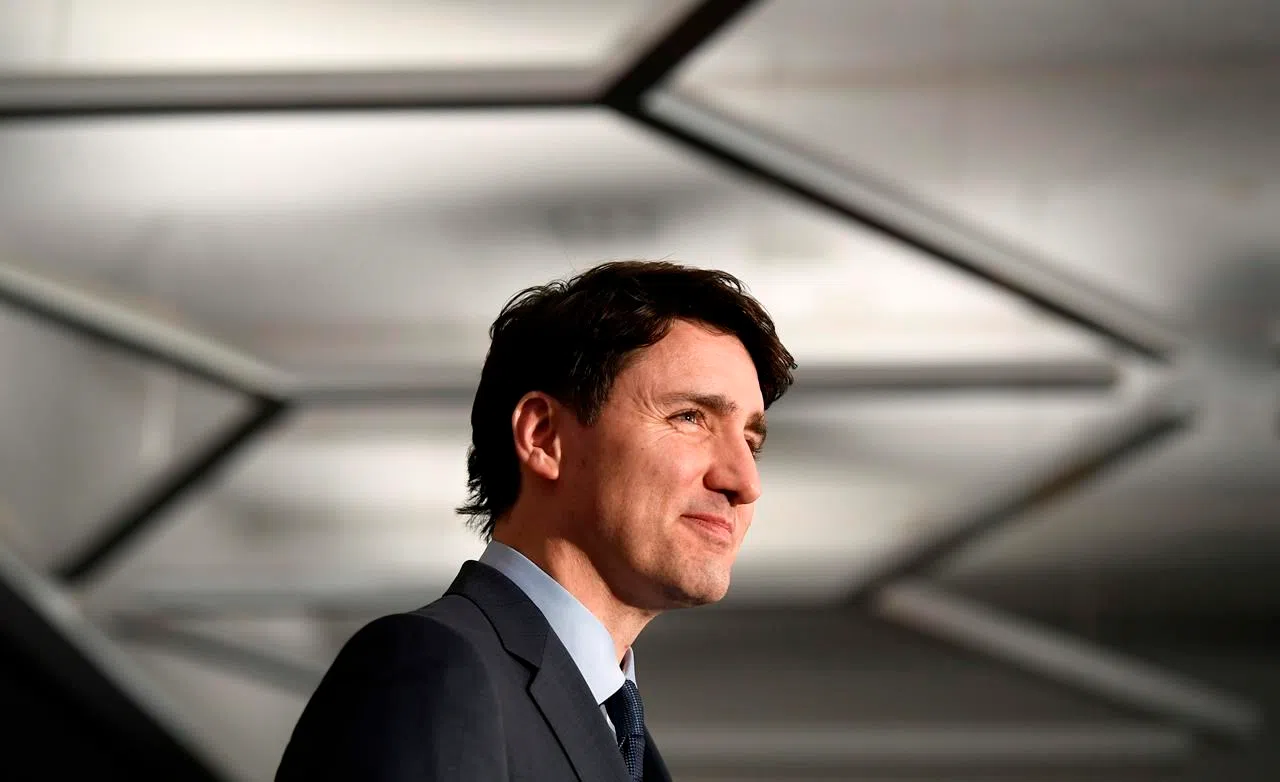
Canada staying out of U.S. ratification fight over new NAFTA, Leslie says
OTTAWA — The Canadian charm offensive deployed to secure the new North American free trade deal in the face of a protectionist White House has gone dark even though the agreement faces a perilous path to ratification in the U.S. Congress.
Andrew Leslie, the parliamentary secretary to Foreign Affairs Minister Chrystia Freeland, said Wednesday he is confident the U.S. and Mexico will ratify the deal, but Canada won’t interfere with each process. Canadians, he noted, would not want others trying to influence the domestic parliamentary process.
While cabinet ministers spent much of the first two years of Donald Trump’s presidency lobbying hundreds of state and federal politicians, business leaders, unions — and anyone else with any influence and a willingness to listen — to convince a wary U.S. Congress to green light the agreement, the Canadian charm offensive is now on ice.
“There’s a good argument to be made that Canadians are always charming, but there’s no over-emphasis on that scale down in the United States,” Leslie said, prior to the Liberals’ weekly caucus meeting on Parliament Hill.


